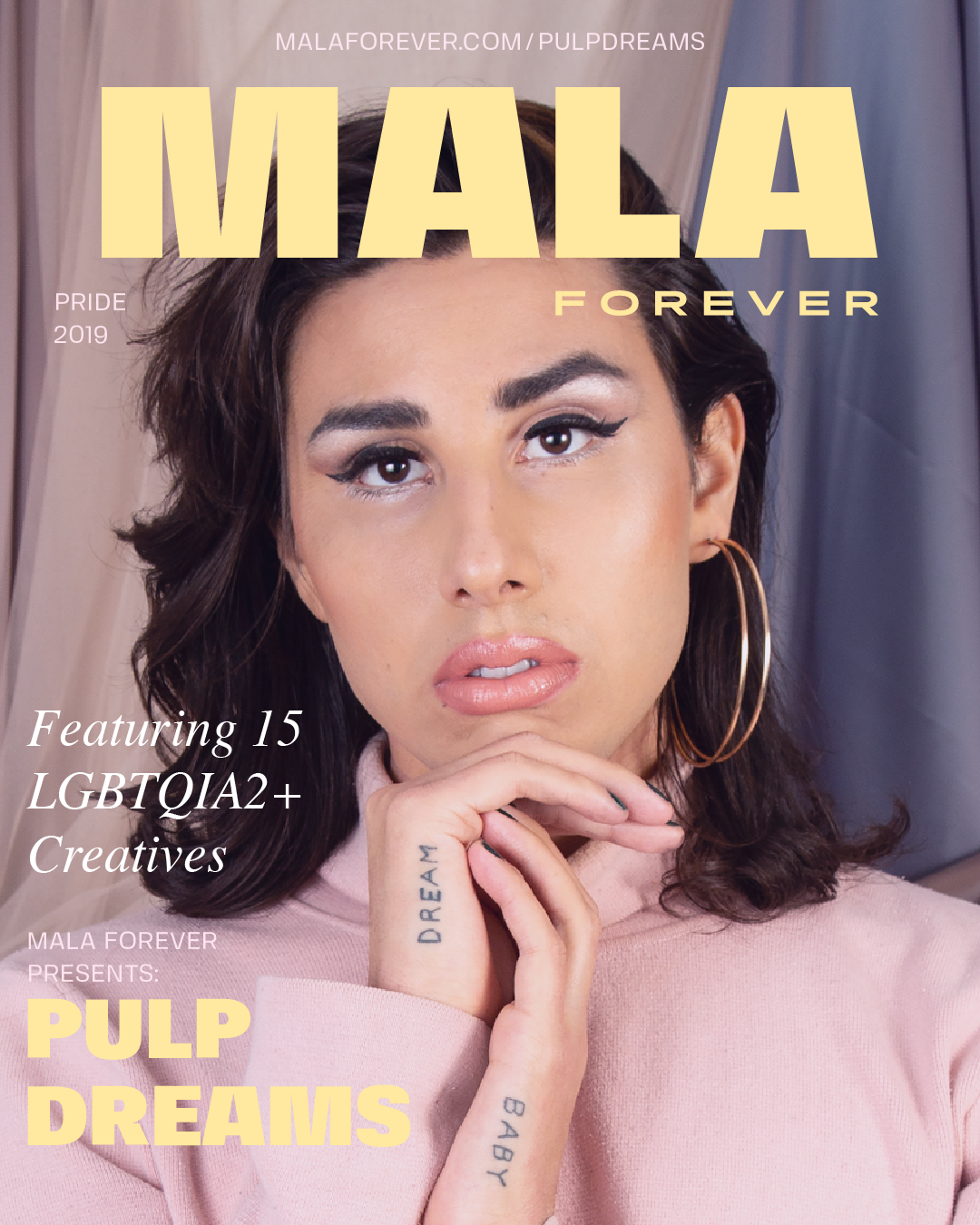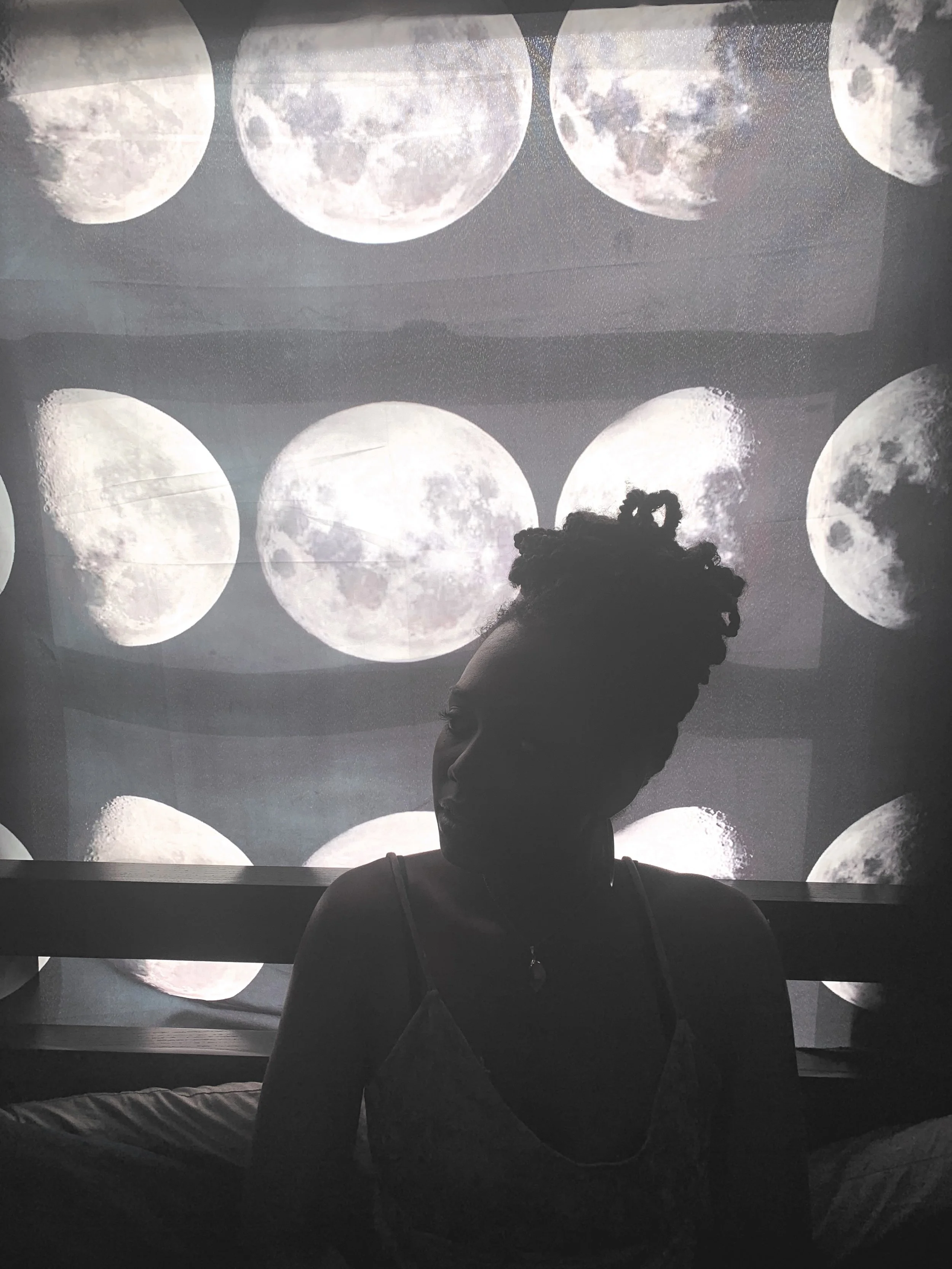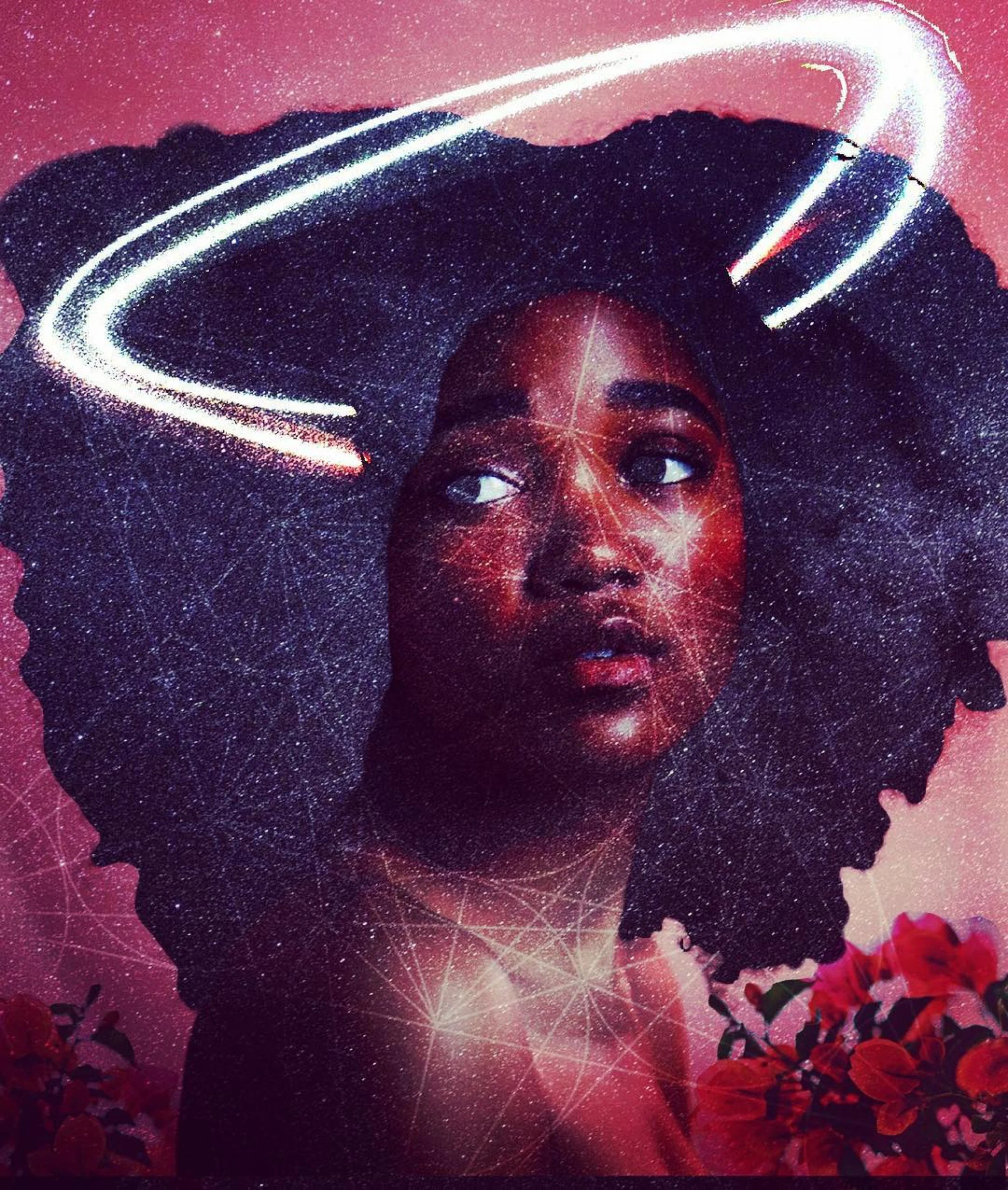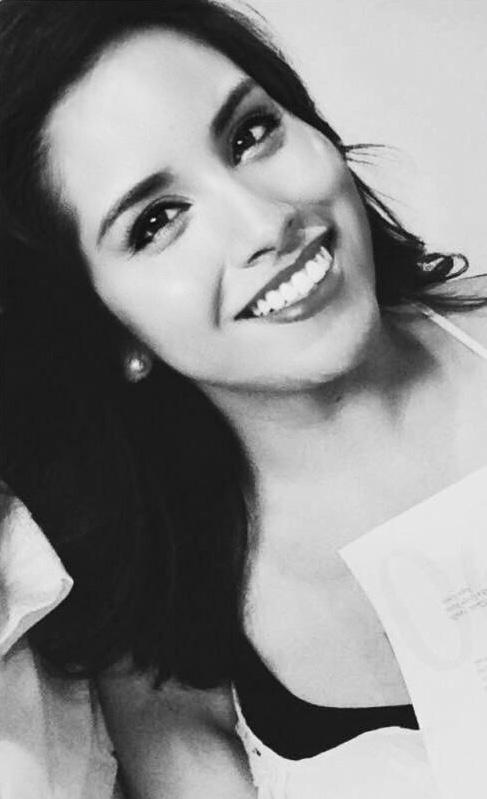By tanea lunsford lynx
We passed each other under the veil.
In heaven, he’s doing backspins and practicing footwork to a house remix of Minnie Ripperton’s “Inside My Love” while smoking a joint intermittently. My uncle Rodney died of AIDS-related illness exactly four months before I was born. The truth is that he’s also everywhere.
He was his father’s favorite son.
Growing up, I didn’t know much about him except that he died early. As I got older, more truth began to be casually fed to me. Information is a rite of passage in my family. When I went to college, I was given more access, to conversations that I’d never entered. Every sentence about my uncle Rodney seemed to start in the middle.
He danced at the discos in North Beach until morning. Ultimately he moved back into his parent’s house with his boyfriend before getting sick.
In his twenties, my uncle Rodney married a woman, a friend of his mother’s, who offered to pay for the marriage to help her citizenship. He had already been out as gay to many of his family and friends but walked a cognitive dissonance line with his parents. To retain his title as favorite son, Rodney obliged his parents and legally married a woman. It was clear the two weren’t a couple, but Rodney’s parents tried to re-write his legacy after his death.
He was a geometry whiz and an intellectual. A trickster who replaced his father’s diet coke with real coke when he was angry with him. He was a nerd who threw tantrums when he got a 3.9 gpa. He grew weed in the windowsill of our family house in San Francisco’s Lakeview, telling his mother (an Afro-filipina who migrated from Subic Bay to San Francisco after the japanese occupation of the island) that it was an “experiment for school”.
I came out to my family after college. I didn’t know how my family would respond about my queerness when I moved back home. Homophobic language was a norm for certain households in my family. Meanwhile, at five years old, I began noticing my delight and confusion, desiring other girls. Girl-queerness was an oddity not discussed outside of Halloween and Pride events in the Castro. I looked forward to attending, closeted.
I came out like this: one day I called my mother shaking, asking for her advice. I began by saying I had a date (a lie.) and needed help choosing an outfit (another lie. Like my uncle Rodney, I’ve always been fabulous with an outfit). I went on to mention that my date was a woman. I said I needed more advice. “About what? What’s the issue?” my stomach turned thinking that maybe she hadn’t heard me correctly. “Well, I’m afraid about what grandma will say about me dating a girl.” (not a complete lie.) It was my way of steering my mother toward the reaction and affirmation I needed from her. I knew that naming my abandonment or rejection would provoke fierce support. I was in tears before we got off the phone.
“Don’t let nobody tell you how to live your life. You make yourself happy. That’s the most important. You are phenomenal and you deserve to be happy.” I cried for a long time after hanging up. I’ve been building a home for myself in my own little queer heaven, ever since.
He had a smart mouth and a quick wit and a huge heart.
When I learned about ancestral worship and healing, I was offered a place to sit finally through the practice of ceremony, altar building, and prayer, after running forever. Before learning about the practice, I’d always felt guided and protected but I didn’t have the understanding to extract meaning from situations that often left me feeling lucky/cursed, sensitive/psychic, and crazy/weird.
If he were still here, he’d be fighting for his rights.
After my practice developed, I was called by spirit to visit my uncle’s grave. He is buried beside his mother (my great-grandmother), his father, and his sister in a family plot near Half Moon Bay. I read the simple headstone marker for uncle Rodney, “Beloved Husband”. I began to fume. I couldn’t unwind the screws smoothed deep into the placard. I sat for a long time at his grave, trying to fathom why his parents chose this marker for him. I was furious at the erasure of my uncle as a gay man. Were they ashamed of his queerness? Fearful of his fate as a gay man? Afraid he would go to hell because he was gay?
Didn’t they know that all gays go to heaven?
I’m working to create a place where we belong. Even if just in this body at this moment. Heaven. I hope Rodney has glimpses of his own, wearing a handkerchief in his back pocket, finally leaning into the natural sway of his hips, sliding vaseline across his lips, skipping down the back stairs two at a time to get to a party after everyone went to bed, wrapping his arms around the necks of lovers. He feels it as I do now, draping my legs on the side of a wide-backed chair, dancing in shorts and long socks to Chaka Khan in my living room, going outside in my suit and tie or my too-short dress and forgetting my knife at home.
It’s all heaven. Each act of pleasure, madness, throat-exposed joy allows me to see my uncle Rodney more clearly in heaven, among all the other gays where he belongs: Where none of us has to wait in the bathroom line. Where the morning music greets us and our afros are even on all sides. And someone speaks in our register above the oblivious heads of the normative, offering us a corner mouth smile, a corner seat on the couch, their heavy head on our shoulder in a sigh accented with love. Where the warm wind dries the sweat on our necks and the day unfolding feels like infinite possibility instead of labor, again. Heaven is a second chance at living in joy. It’s in the ethers. In the blood we share.
Joy is our job. We do it and carry it for all of those who came before us, who couldn’t in their lifetime. We made a pact when we crossed under the veil.
NOTE
*I’ve used ‘gays’ here because my uncle Rodney identified as gay among his close friends, chosen family, and loved ones when he was alive. He lived much of his life closeted and being able to be out and gay among trusted people and community was really special to him. During his lifetime identities such as ‘queer’ were still in the process of being reclaimed. I’m not sure how he would identify himself if he were alive today, but it brings me much joy to think about it.
tanea lunsford lynx
Tanea Lunsford Lynx is a writer, abolitionist, and fourth generation Black San Franciscan on both sides. Tanea is a proud alum of Voices of Our Nation (VONA) and the Lambda Literary Retreat. In 2018 she co-curated 'Still Here VI: Existence as Resistance', a performance featuring queer Black San Franciscans as a part of the National Queer Arts Festival. Tanea has been awarded residency at Mesa Refuge, the Rising Voices Fellowship at Vermont Studio Center, Ox-Bow, the Erica Landis Scholarship at Squaw Valley Community of Writers, RADAR's Show Us Your Spines in collaboration with the San Francisco Public Library and the Grace Paley Fellowship at Under the Volcano. Her work is published in Foglifter, the Lambda Literary Anthology, Nat. Brut, Argot Magazine and in "Nothing to Lose But Our Chains: Black Voices on Activism, Resistance, and Love". She has more than 10 years of experience as a performing artist, curator, activist and educator in San Francisco.




















